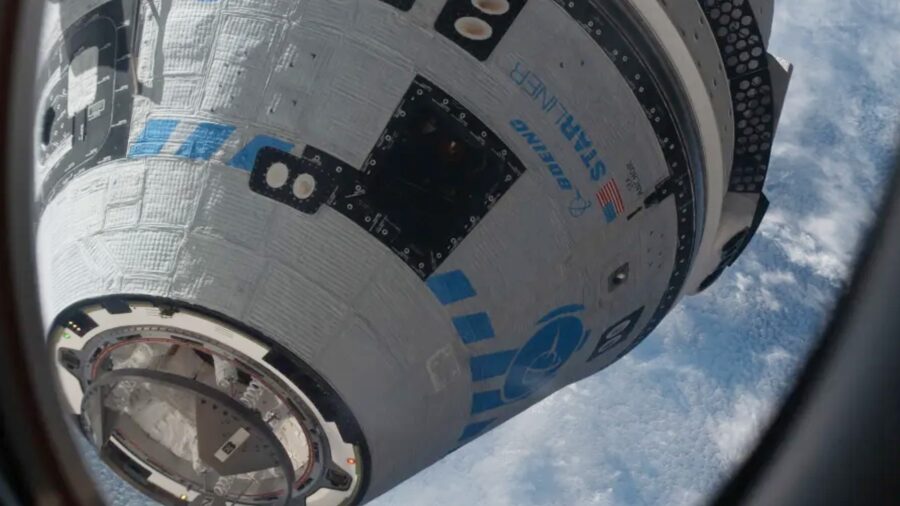Brian Myers | Posted
A communications satellite manufactured by American company Boeing broke into at least 20 pieces in orbit last weekend, disrupting user use across multiple continents and littering the sky with giant pieces of space junk. The Intelsat 33e satellite was responsible for providing much-needed broadband communications to users in Europe, Africa and Asia from its position over the Indian Ocean, but was immediately taken offline when it failed to connect. Currently, U.S. Space Force officials and Boeing engineers are unable to determine the cause.
In orbit since 2016
At 14,600 pounds, the Boeing satellite is slightly larger than a midsize car and was designed and manufactured by the company. Intelsat 33e entered orbit eight years ago and has been in geostationary orbit south of India since 2016. The spacecraft was part of Boeing’s EpicNG platform, in part in an effort to improve global broadband communications.
Intelsat 33e is not the first to experience major problems while orbiting the Earth. Its predecessor, the IS-29e, spent several years in space before failing. A Boeing satellite reportedly suffered a serious fuel leak due to a micrometeoroid impact. The early termination of these two satellites seriously altered the intended lifespan of the orbiting vessel, which Boeing engineers initially believed would last up to 15 years in space.
What’s wrong?
A Failure Review Board was established to investigate the cause of the Boeing satellite accident. It is made up of companies and government agencies, all of whom will work to study the data and come to conclusions.

The recent Boeing accident not only serves as yet another black eye on the company’s recent achievements, but it also serves to add massive amounts of space debris to the area just outside Earth’s atmosphere. It is estimated that there are more than 30,000 pieces of debris currently orbiting Earth, and they are being monitored by several space agencies in several countries. These Boeing satellite parts combine with other pieces of space junk that pose a serious threat to other satellites in orbit as well as incoming and outgoing spacecraft.
more bad news
The unexplained destruction of a Boeing satellite isn’t the only bad news from the company in recent weeks. The Starliner mission suffered multiple failures, resulting in two NASA astronauts being stuck in space for weeks after they were originally scheduled to return to Earth. But Boeing’s space problems are only a small part of the problem. This is because major domestic and international airliners have been suffering from diseases that have received great attention over the past few years.
Boeing’s Max 737 fleet has been grounded following two crashes that killed more than 300 people and sparked an investigation into alleged fraud at the embattled company. To make matters worse, Boeing’s 300,000 employees left the company in trouble and its financial condition deteriorating.
Boeing plans to sell more than $19 billion in stock to raise capital to meet growing demands from unions and address other financial issues, it was reported today.
source: Intelsat






